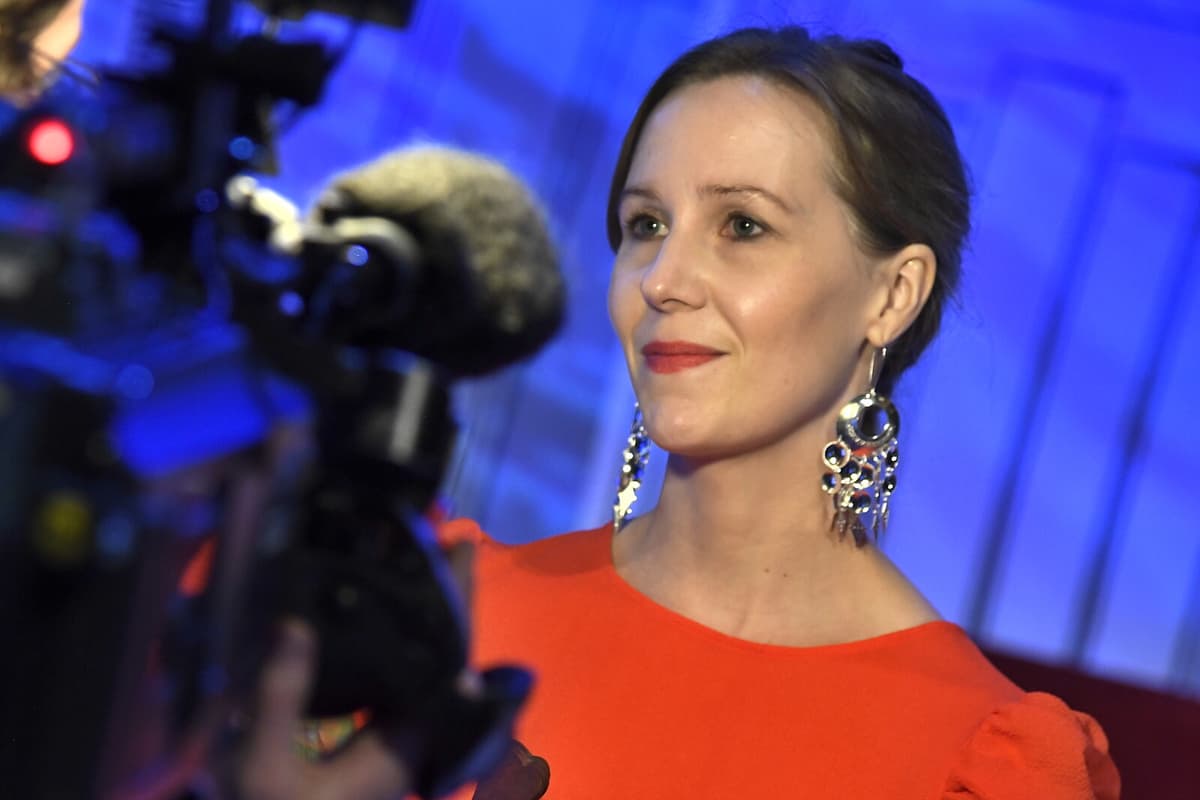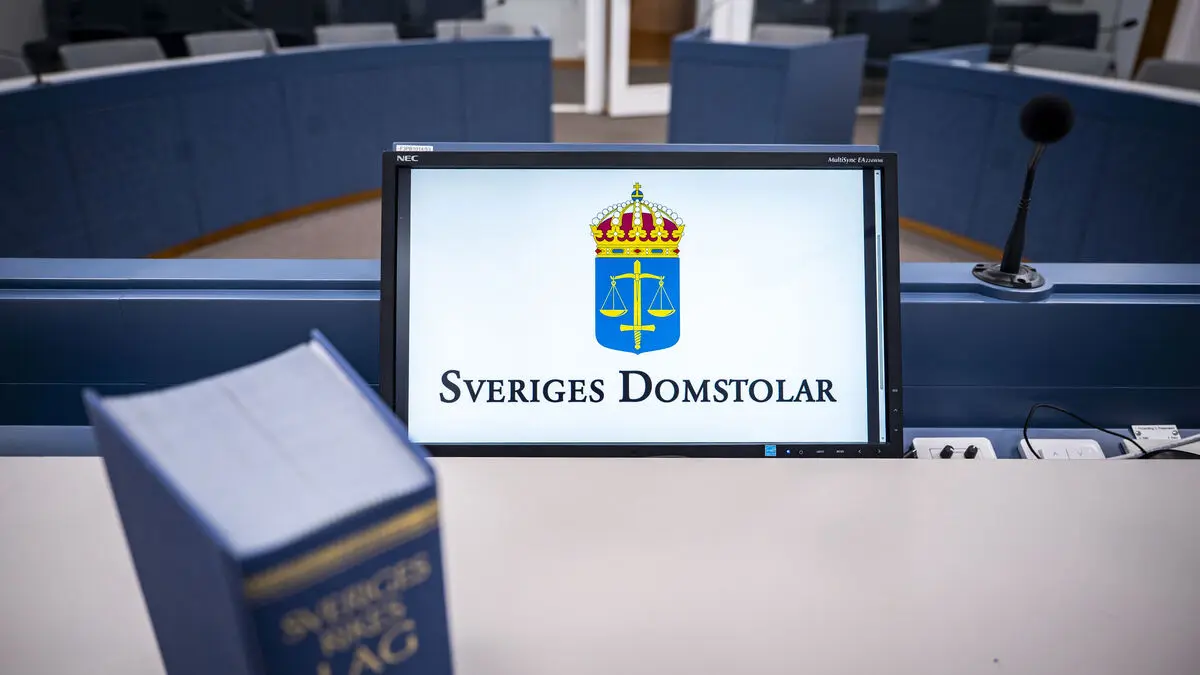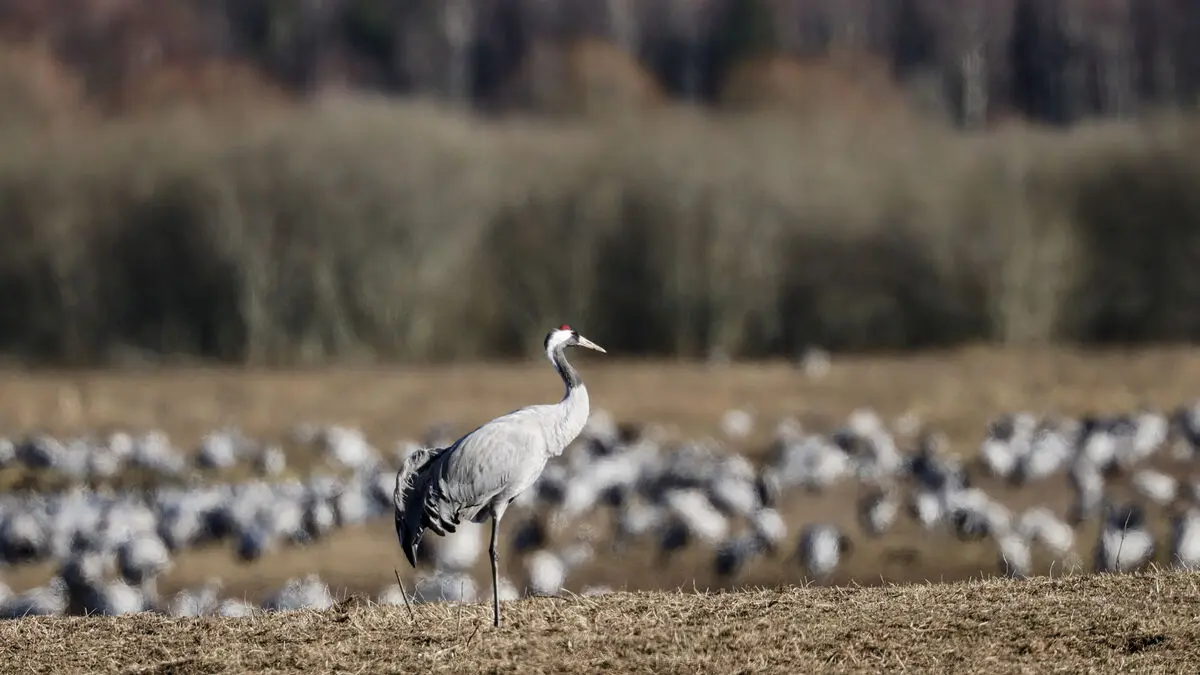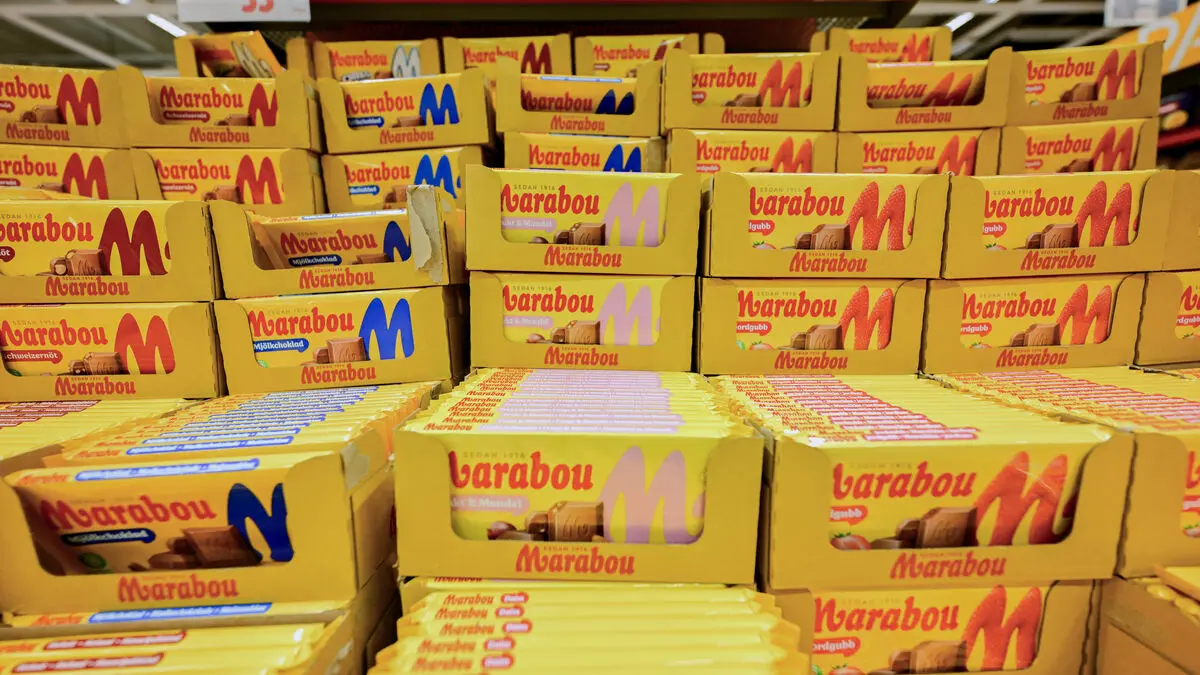After the 2018 August Prize, Linnea Axelsson stated in a TT interview that her poetry collection "Ædnan" had taken on a life of its own and that she herself did not try to "think too much about reception" when she writes.
Now the book is taking a major step out into the world, since the English-language edition of "Ædnan" (translated from Swedish by Saskia Vogel) has been nominated for the USA's most prestigious literary prize, the National Book Award.
Linnea Axelsson is traveling to the USA to participate in the award ceremony in New York.
I'm looking forward to meeting my publisher and my translator.
Both local and universal
The verse narrative "Ædnan" is about two Sami families from the early 20th century to the present day. In it, Linnea Axelsson depicts forced relocations in the 1920s, racial biology measurements, nomad school, and the lawsuit between the Girjas Sami village and the state.
The USA has a similarly painful relationship with its indigenous peoples. If American readers receive "Ædnan" in light of this, it's something Linnea Axelsson cannot answer.
On the one hand, "Ædnan" and everything else I've written has a resonance that certain groups can relate to personally, and where some societies have a similar problem.
She pauses and says that "it's one answer". The other answer is that her own literary view is that good literature is both local and universal at the same time.
As a reader, I can give everything, even when I read a book written by a man who lived in Switzerland in the 19th century. It doesn't matter. Really good literature has many layers: existential questions, social issues, sensuality, language, and characters you can get into, and so on. Anyone can, in short, read any book.
This year's National Book Award Ceremony is the 75th in order. It will take place in New York on Wednesday, November 20.
Awards will be given in five categories. Linnea Axelsson's "Ædnan" is nominated in the category "translated literature".
The other nominees in the category are works by authors Bothayna al-Essa, Fiston Mwanza Mujila, Yáng Shuang-zi, and Samar Yazbek.






